In today’s video, I want to discuss the recent changes DJI has made to the Mini series and Remote ID, which have been causing a lot of confusion. We were confused, you were confused, so we decided to create a video that encompasses all the information.
DJI Mini 3 and Mini 4 Pro Remote ID
In short, what happened is that DJI has disabled Remote ID on the Mini 3 and the Mini 4 Pro when you use these drones with the smaller battery, which is marked as 249g, also called the standard battery.
Note that this applies to the Mini 4 Pro and the Mini 3; the Mini 3 Pro is not affected by this.
When you fly with the larger battery, which doesn’t have any markings on it, the drone will broadcast Remote ID. I don’t really think it’s a ploy for DJI to sell more batteries; I believe DJI is trying to make the right decision for the majority of users of these types of drones. It’s a business decision.
The Mini is a recreational platform, and they’re trying to please everyone, including all the recreational flyers.
Consider that they cannot please everyone. They’re either going to upset recreational pilots by broadcasting Remote ID when they don’t have to per regulation, or they’re going to annoy Part 107 pilots who will need to attach a module to their drone to comply with Remote ID with the smaller battery.
In this video, we’ll look at three situations for both recreational pilots and Part 107 pilots. You can pick the one that applies to you if you own one of these aircraft in contention here.
Recreational Drone Pilot with Small Batter
The first situation is owning only the small battery, the second is owning only the large battery, and the last is owning both batteries. In each of these situations, there are slightly different requirements.
If you own only the small battery, marked as 249g, and you’re a recreational flyer, you don’t need to register the drone, which is the easiest situation and likely applies to the majority of people. Your drone will not broadcast Remote ID at all and is in compliance with FAA regulations.
However, if you add anything to the drone, like a strobe light or prop guard, you will need to register the drone with the FAA and also need a module to comply with Remote ID, as the drone won’t broadcast it internally.

Part 107 Operator with Small Battery
Part 107 operators with only a small battery do need to register the drone, as required under Part 107 operation. Since the drone does not broadcast Remote ID internally, a module must be attached to the drone, using the module’s serial number for the Remote ID serial number in the FAA Drone Zone.
All Drone Pilots with Large Battery
For those owning only the large battery, both recreational and Part 107 pilots need to register the drone with the FAA. The drone will broadcast Remote ID using standard remote ID inside the aircraft in compliance with FAA regulations.
Recreational Pilot with Both Batteries
When you own both batteries, if you’re a recreational pilot, you must register the drone because you possess the larger battery. If flying with the small battery, you need a module for Remote ID compliance due to the registration. When flying with the large battery, the drone must be registered, and the registration number must be displayed on the drone.
Part 107 Operators with Both Batteries
Part 107 pilots owning both batteries must create two registrations: one for flying with the small battery and module, and another for flying with the large battery, which broadcasts Remote ID natively. This approach avoids confusion, ensuring compliance with FAA regulations regardless of the battery used.
Applicable FAA Drone Regulations
The legality of these configurations hinges on two regulations: 14 CFR 89-101, which outlines the applicability of Remote ID, and 14 CFR 89501, allowing drones under 0.55 lbs to be exempt from Remote ID requirements. This explains DJI’s adjustments to comply with these regulations.
Whether to buy a module or switch to a larger battery depends on your situation. The cheapest module is around $89, and a larger battery costs about $10 more. For Part 107 pilots, selling the smaller battery to buy a larger one might be an option. Recreational pilots must decide based on their needs.
DJI’s decision has indeed created complications but was made in an attempt to listen to the community.
If you have questions, feel free to leave them in the comments, and we’ll see you in the next video.
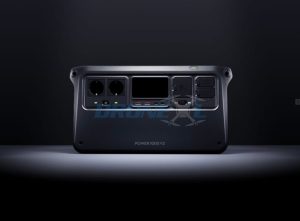



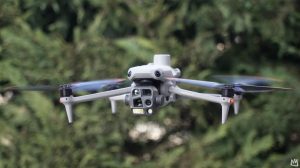


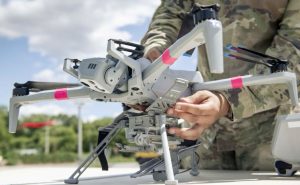

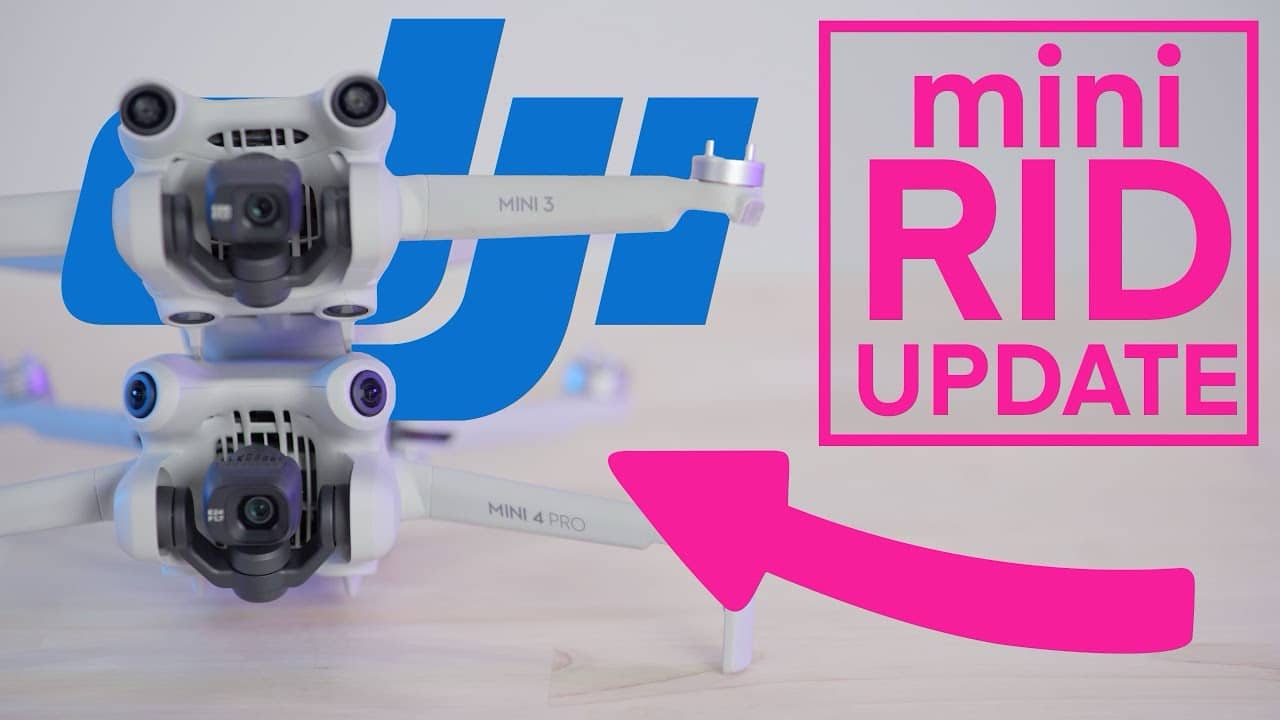


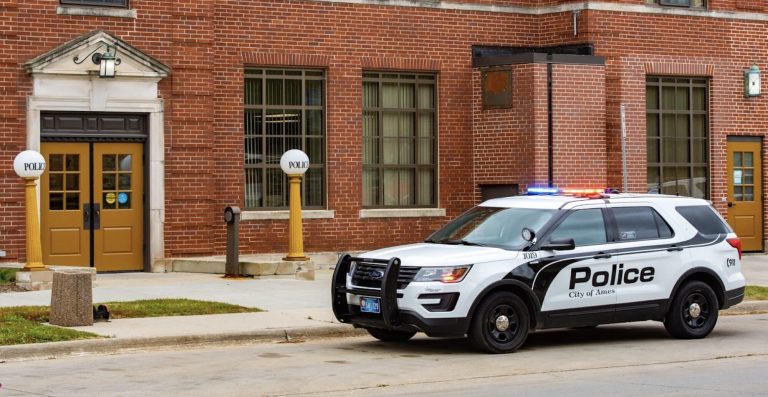

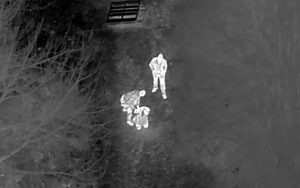
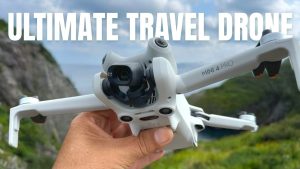

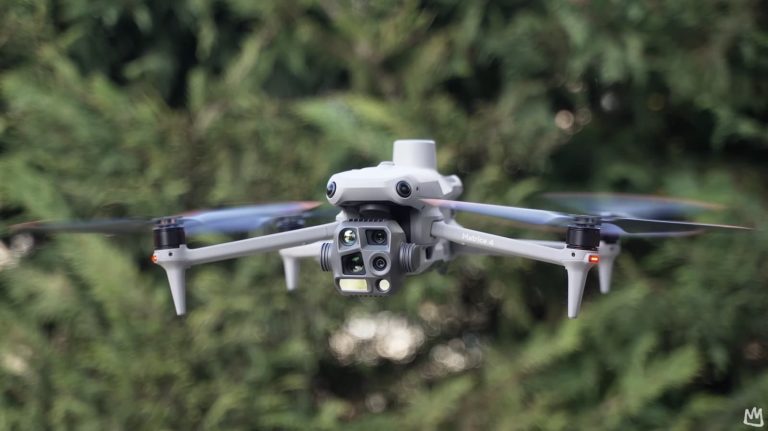

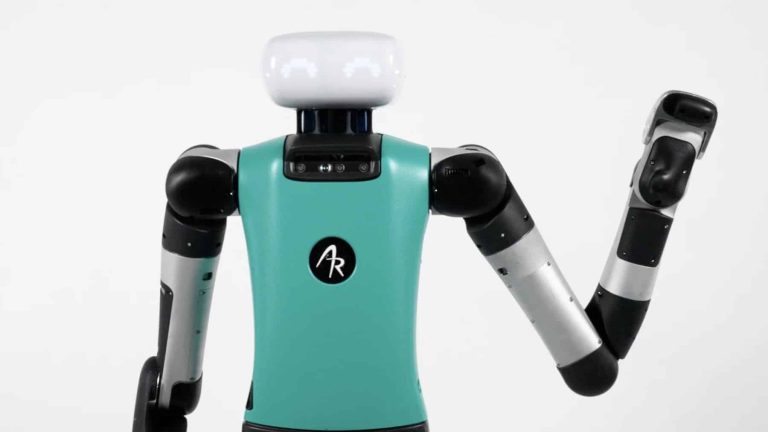
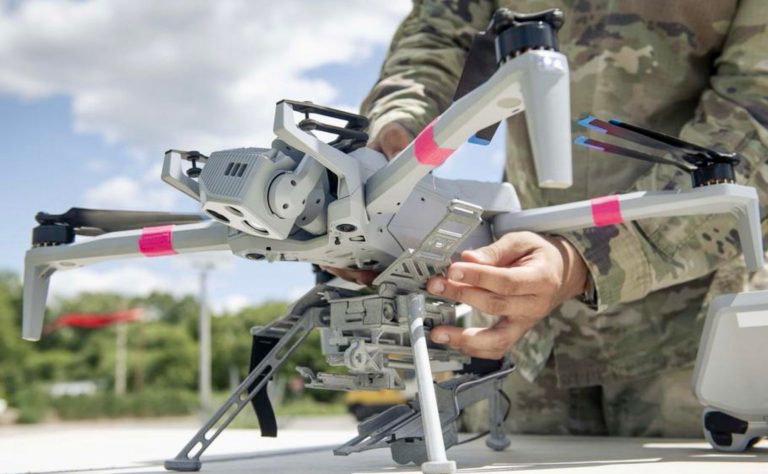
+ There are no comments
Add yours